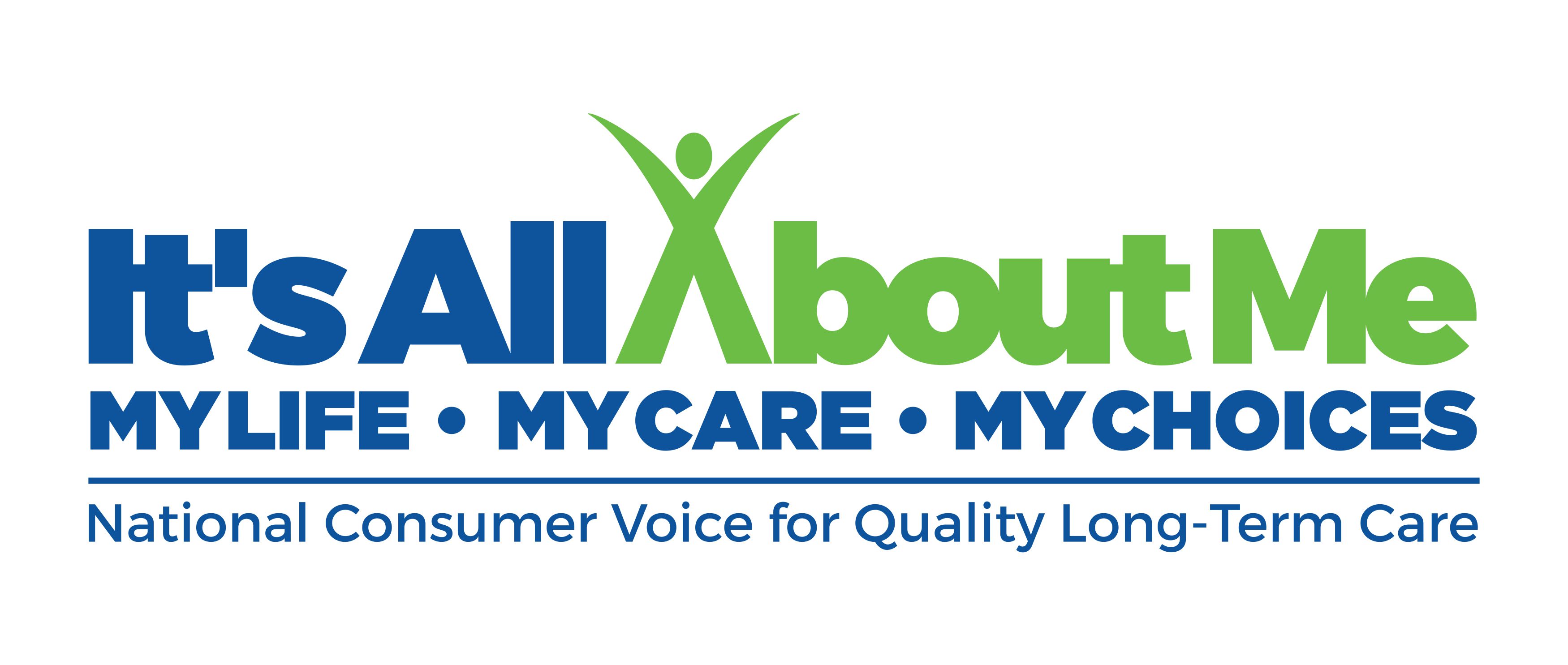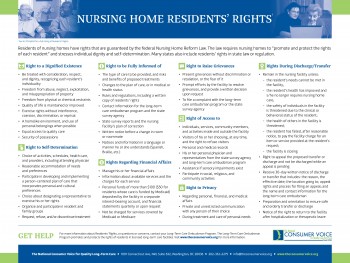Here is a great dementia resource for caregivers and healthcare professionals,
Your residents will love the Amazon Kindle Fire
Here is information on being the best caregiver you can be
Here is a way for nurses administrators, social workers and other health care professionals to get an easyceu or two
Follow alzheimersideas on twitter
The Dementia Caregiver's Little Book of Hope [Kindle Edition]
parentingspecialneeds.org
The Puppy – A Story from Chicken Soup for the Soul
A farmer had some puppies he needed to sell. He painted a sign advertising the pups and set about nailing it to a post on the edge of his yard. As he was driving the last nail into the post, he felt a tug on his overalls. He looked down into the eyes of a little boy”Mister,” he said, “I want to buy one of your puppies.”
“Well,” said the farmer, as he rubbed the sweat off, The Puppy, farmer the back of his neck, “These puppies come from fine parents and cost a good deal of money.”
The boy dropped his head for a moment. Then reaching deep into his pocket, he pulled out a handful of change and held it up to the farmer. “I’ve got 89 cents. Is that enough at least to take a look?”
“Sure,” said the farmer. And with that he let out a whistle. “Here, Dolly!” he called.
Out from the doghouse and down the ramp ran Dolly followed by four little balls of fur. The little boy pressed his face against the chain link fence. His eyes danced with delight. As the dogs made their way to the fence, the little boy noticed something else stirring inside the doghouse.
Slowly another little fur ball appeared, this one noticeably smaller. Down the ramp it slid. Then the little pup began awkwardly wobbling toward the others, doing its best to catch up. “I want that one,” the little boy said, quickly pointing to the runt.
The farmer knelt down at the boy’s side and said, “Son, you don’t want that puppy. He will never be able to run and play with you like these other dogs would.”
With that the little boy stepped back from the fence, reached down, and began rolling up one leg of his trousers. In doing so he revealed a steel brace running down both sides of his leg attaching itself to a specially made shoe. Looking back up at the farmer, he said, “You see, sir, I don’t run too well myself, and he will need someone who understands.”
With tears in his eyes, the farmer reached down and picked up the little pup. Holding it carefully he handed it to the little boy.
“How much?” asked the little boy. “No charge,” answered the farmer, “There’s no charge for love and understanding.”
Like that special puppy, the world is full of people who need someone who understands.
As an advocate, I’m dedicated to assist those whose mission is creating better policies and more accessible programs to meet the needs of those who count on us, across the generations.


 Promote residents' rights year-round with the new Residents' Rights posters.
Promote residents' rights year-round with the new Residents' Rights posters. 









